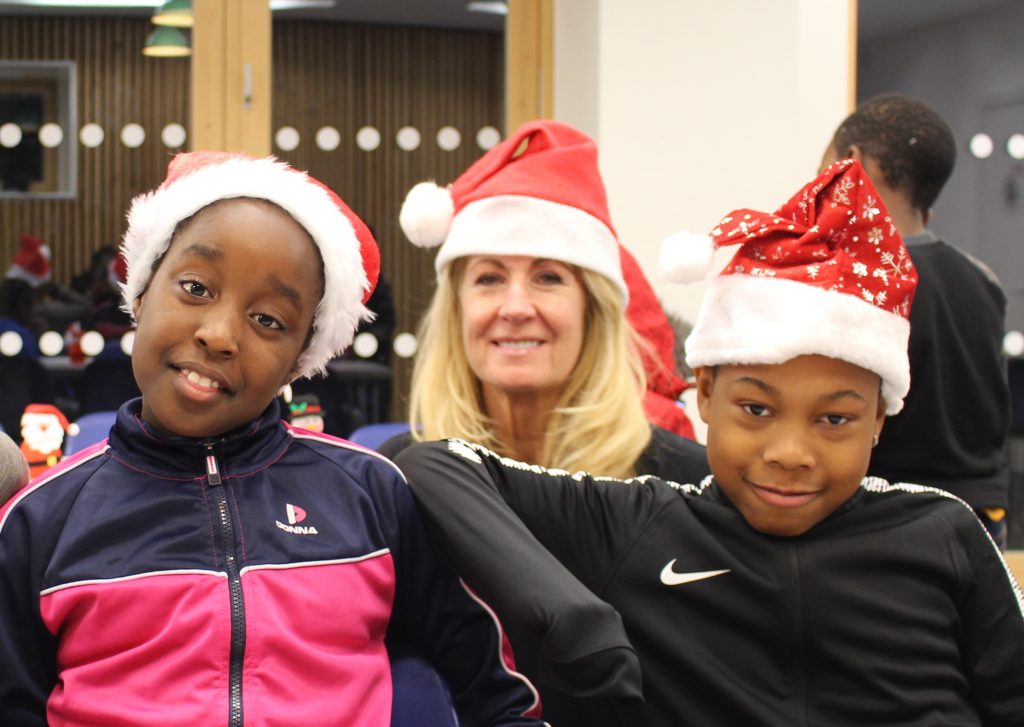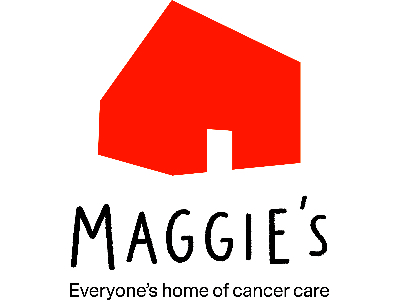 What it takes to run a charity is passion and the ability to feel the vision of the mission at hand.
What it takes to run a charity is passion and the ability to feel the vision of the mission at hand.
I took on this challenging and exciting role to help run the Wickers Charity nearly two years ago for entrepreneur Henry Smith in his bid to reduce knife crime and gang violence in Hackney.
The charity looks to reduce violence by providing a safe space, educational workshops, recreational activities, and role models to young people aged 8 – 18-years-old.
I set myself a target to find our new beneficiaries as many opportunities as possible.
The most important skill is being able to engage with the young people, starting with simply motivating them to come into the safe space that we provide.
Then we work to give them a sense of self-worth by building their self-confidence and arming them with as much information, skills and support as possible by operating a great team of youth workers and peer mentors.
Part of my daily duty is to know exactly what activities are on offer for our young people through constant communication with our local and national network of professional people.
Once we have sourced activities we then filter the opportunities into our programme of works so that those that are most age appropriate can participate.
The daily programme also involves making important decisions about staff training, this involves critiquing ourselves and deciding on areas where we can improve.
To do this we review the youth engagement training courses on offer from ERASMUS and identify those that we think will improve our processes.
Doing this gives our youth workers the opportunity to take on more responsibility and to launch their own projects.
To evaluate the efficiency of our various programmes we track the progress of our young people. This gives us an insight into the level of support that is needed and educates us on the best ways we can support their journey.
Most of these needs are calculated into the programme of works to prepare courses and ensure a good delivery from those who take part. These stats are then used to update the Trustees and to garner attention in funding applications.
In what is a highly competitive industry, it can be a challenge to source funding, which is why another side of running a charity is highlighting your achievements effectively.
While this may at times feel indulgent it is so important to showcase the effectiveness of your organisation as this allows you to lobby for funding.
To do this we have a ‘News’ section on our website which acts as a window into our world – it’s where we post the charity’s achievements, whether that be getting interviewed as part of a segment on a news channel or one of our young beneficiaries excelling in a local table tennis tournament.
As a charity, fundraising is another area that has to be a priority and media attention can be a great vehicle to attract funds.
Fundraising can seem daunting at first and we use a communications plan, highlighting all the progress updates in weekly team meetings, to navigate its murky waters.
When assigning staff to work on the fundraising team, the skills you should look for are 1) ability to network and 2) presenting skills – which includes putting together a good marketing presentation.
Another essential responsibility of my role is safeguarding. Safeguarding is the top of the list of any organisation/charity and it is important to recognise that this not only applies to the safeguarding of young people, but to your staff also. It is so vital to understand how to identify any safeguarding issue or allegations, and to know where to take your allegation to.
One of our greatest achievements has been embedding the Charity into the fabric of the local community and one of the reasons we have been able to do this is because we’ve earned the trust of the parents.
We currently work in three local schools delivering our Knife Crime Awareness Course that challengers young people to ask themselves ‘why do you feel the need to pick up a knife’.
The feedback has been so positive and we are now hoping to secure further funding from the National Lottery and the local authority.
People skills to one side, the other side of my role requires good financial acumen.
You don’t need to be a math whiz but you do need to be able to produce a realistic budget, supply monthly reports to the Trustees and keep within the monthly figures for the year’s development set by the Trustees.
We have found that having regular board meetings gives the Trustees the opportunity to add their value to the charity, whether that be in utilising their skillset or even their contact books.
To sum up, as Operations Manager you need to utilise all your life skills. Some days will be really hands on and you might have to hold the attention of the room while pitching for support and other days it’s about taking a step back and seeing the bigger picture – working out the best way to actually help these young people.
It’s a journey that will hopefully go on and on. Supporting our young people into the wider world has been incredibly rewarding, especially when you consider that some of the young people we help would normally have never had the opportunity to make relationships outside their housing estates, experience working with young professionals and so on.
The support we provide helps these young people to realise what they actually want in life, in their careers and we believe that it gives them the belief and the direction to strive towards it.
 About the author
About the author
A charity worker specialising in fundraising, events organisation and day-to-day administration.
Yvonne has been involved with charities over the last ten years working for the Princess Alexandra Hospital Charitable Trust and Agents Giving.








